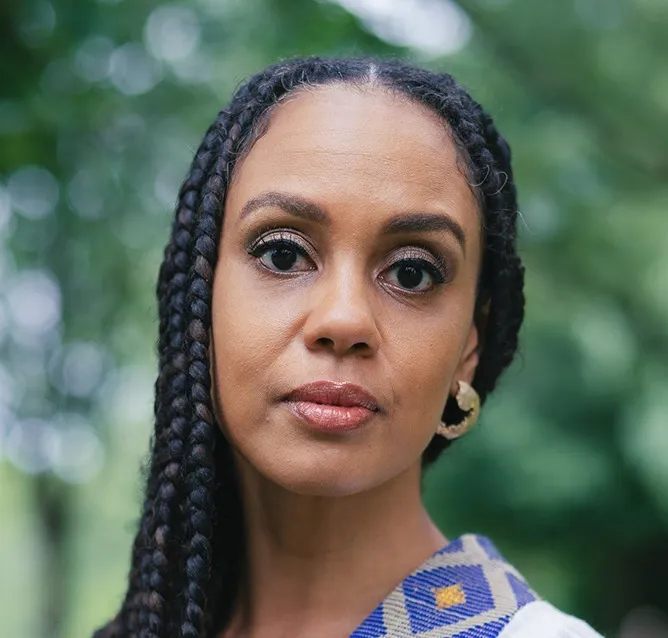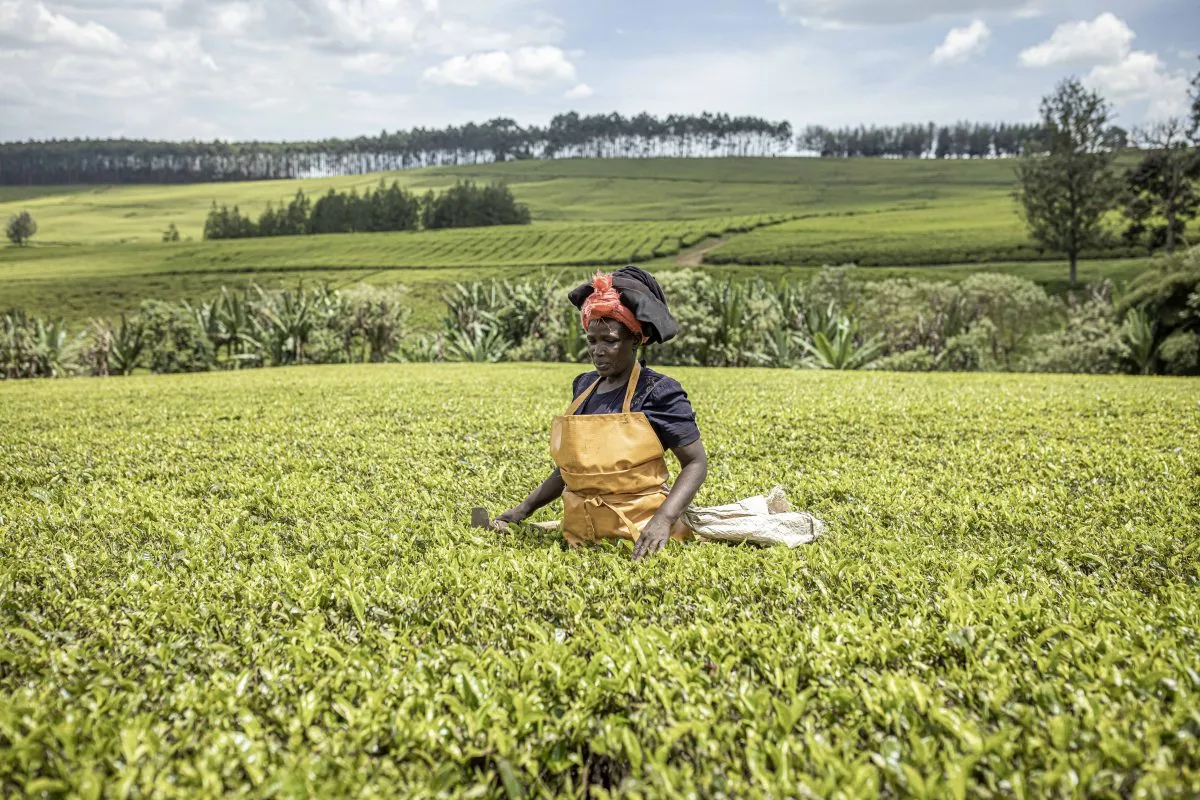Back in 2018, the year I founded Development Reimagined, I wrote a piece reflecting on how and why African and Chinese women were at the forefront of both academic and private sector activity when it comes to the Africa-China relationship, despite the dominance of African and Chinese men in politics.
However, I also reflected that the legacy of these driven and often highly entrepreneurial women was still to be cemented by influencing the results of the relationship. Fast-forward six years, and recognising that together African and Chinese women make up over 1bn of the world’s population, I have to admit the role and place of women in the Africa-China relationship has somewhat improved.
But significant change that has a tangible impact on women is still a crucial goal waiting to be met. Over the last six years, the list of top-hitting women working to make change in the Africa-China field has certainly grown and changed. Back in 2018 I pointed to women such as Irene Yuan Sun, who had just written a book on China’s impact on African manufacturing; Lina Getatchew Ayenew, author of a Mandarin Chinese language learning guide for Amharic speakers; Deborah Brautigam, easily and rightly the most highly respected American focused on this field; Helen Hai, at the time UNIDO’s goodwill ambassador and founder of the Made in Africa Initiative; and many more impressive women.
Women in diplomacy
Today, many of them are still making their mark; and we can add to the list further notable women. During that period, we’ve had two women Kenyan ambassadors to China; Tania Romulado was the ambassador of Cabo Verde to China from 2015 to 2021; and right now the ambassadors of Uganda, São Tomé and Príncipe, Mozambique and Seychelles to China are all eloquent and influential women. The country director in China of the United Nations Children’s Fund (UNICEF) – one of the UN’s largest agencies – is an African woman, Amakobe Sande. In her former life she was also country director for UNAIDS in China. On the African continent, since 2021 the ambassador of China to Tanzania has been a woman – Chen Mingjian.
Meanwhile, Liu Haifang continues to be probably the most highly respected Chinese academic focused on Africa, while several women, including Wang Luo and Mao Xiaojing are incredibly influential in China’s trade, debt and agriculture policy in Africa and beyond, through their work in the Chinese Academy of International Trade and Economic Cooperation (CAITEC) – a crucial think-tank in China.
Trade and industry
Lu Cuifeng is a Chinese woman who has been at the forefront of bringing African agricultural products into China, such as Kenyan avocados, in her role as president of Greenchain. Burundian Sandrine Nduwimana has been a woman crucial to supporting hundreds of Chinese private firms not only to invest in the continent but also to manage through Covid-19, through her previous role in the China Africa Business Council (CABC). She is now at the Asian Infrastructure Investment Bank (AIIB). Zahra Baitie has over a similar period been at the centre of helping African entrepreneurs get investment from China, in her role at Alibaba. As in 2018, the impressive list could and does go on and on.
And today, I would be remiss too to leave out women in my firm – happily a majority women-led and majority women firm – who are making their own mark on the relationship. I’ve been incredibly proud to see our chief operating officer Leah Lynch, Jing Cai, Yike Fu, Rosie Wigmore, Judith Mwai – among many others I don’t have space to list – work tirelessly over the last few years to contribute to Africa-China ties. They have worked with African women leaders such as Hanan Morsy at the UN Economic Commission for Africa, Hassatou N’Sele at the African Development Bank, current and former women ministers of finance such as Malado Kaba, and leading women entrepreneurs in African business such as Mahlet Afework, Abir Ibrahim and Shantha Bloemen, as well as those delivering pioneering models such as Zimbaqua – Africa’s first women’s only mine – to connect the dots between their incredible work and opportunities in China.
No doubt more and more women are working to shape Africa-China relations. The ultimate question is – is it making a sustained, positive impact, especially on development on the African continent? Yes and no.
There is still a long way to go for two reasons. First, while these and other women have made sure that the women’s development agenda is recognised in the triennial Forum Of China Africa Cooperation (FOCAC) declarations and action plans, that recognition has yet to lead to the mainstreaming and prioritisation of women throughout the FOCAC tools, for example new funds or investment priorities.
Second, many of these and other women working in the field are incredible but still struggle to be recognised – whether to be cited by journalists, consulted on key policy issues or even promoted in their institutions. It is always incredibly frustrating to see articles on China-Africa that have only cited men – often non-African – in this day and age, but it is a regular occurrence.
Yet, as I have witnessed, women’s perspectives and impacts are often incredibly interesting, often nuanced and targeted towards poverty reduction and development outcomes for women. This year, however, is an important opportunity to make an uptick in progress for and by these women.
In 2024, the ninth FOCAC will be held in Beijing, and as was made clear in an Africa-China leaders’ dialogue in 2023, the priority focus will be on industrialisation, agricultural processing, and talent development, all with an element of green growth through a focus on renewables. Women are at the centre of all of these agendas. Incredible, talented women account for the majority of employees in many industrial sectors and agriculture.
No doubt, still today not enough women are shaping and delivering Africa-China relations. But progress is progress. Over the next six years, I hope we’ll see even faster growth.
Want to continue reading? Subscribe today.
You've read all your free articles for this month! Subscribe now to enjoy full access to our content.
Digital Monthly
£8.00 / month
Receive full unlimited access to our articles, opinions, podcasts and more.
Digital Yearly
£70.00 / year
Our best value offer - save £26 and gain access to all of our digital content for an entire year!

 Sign in with Google
Sign in with Google 



